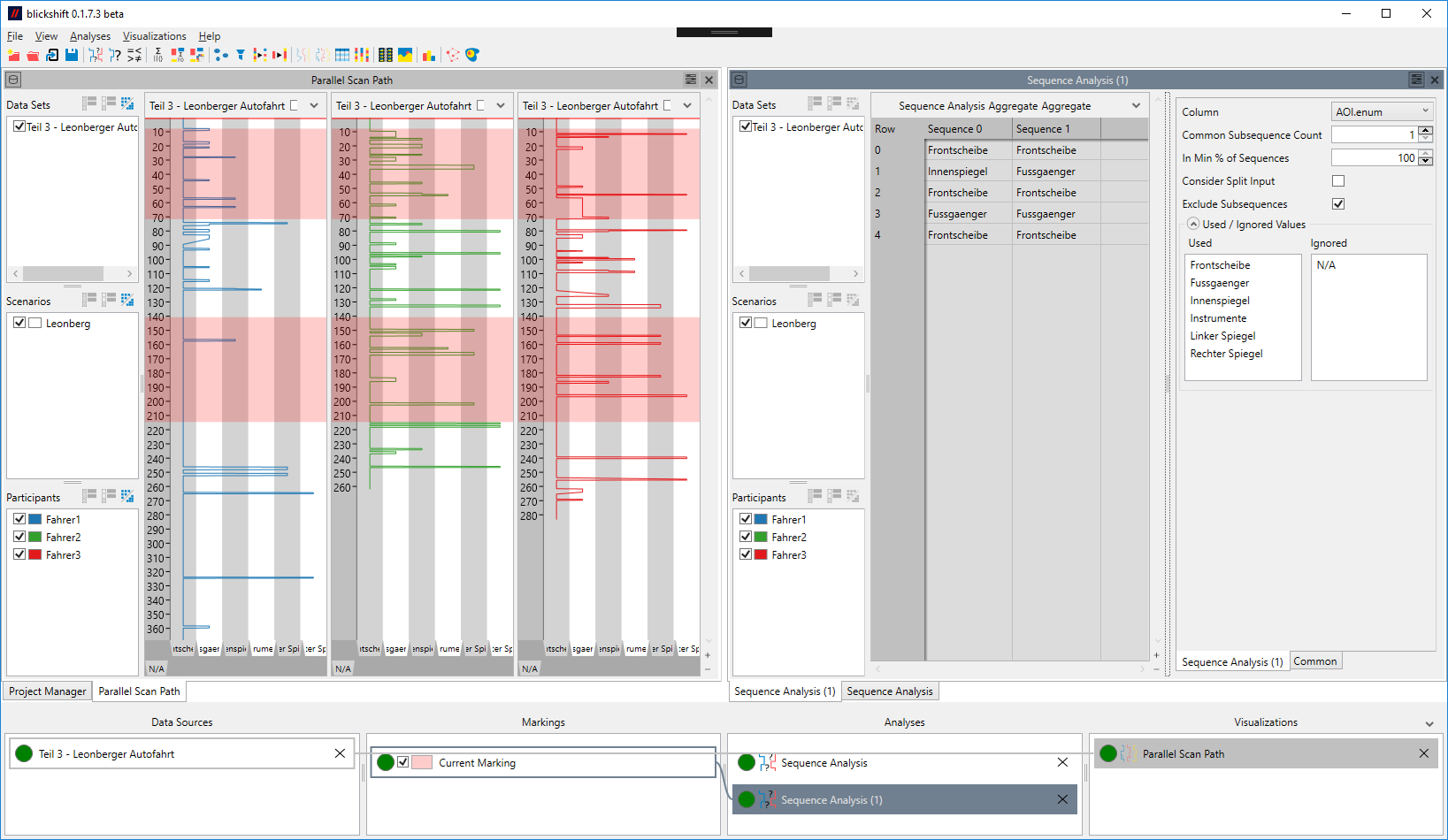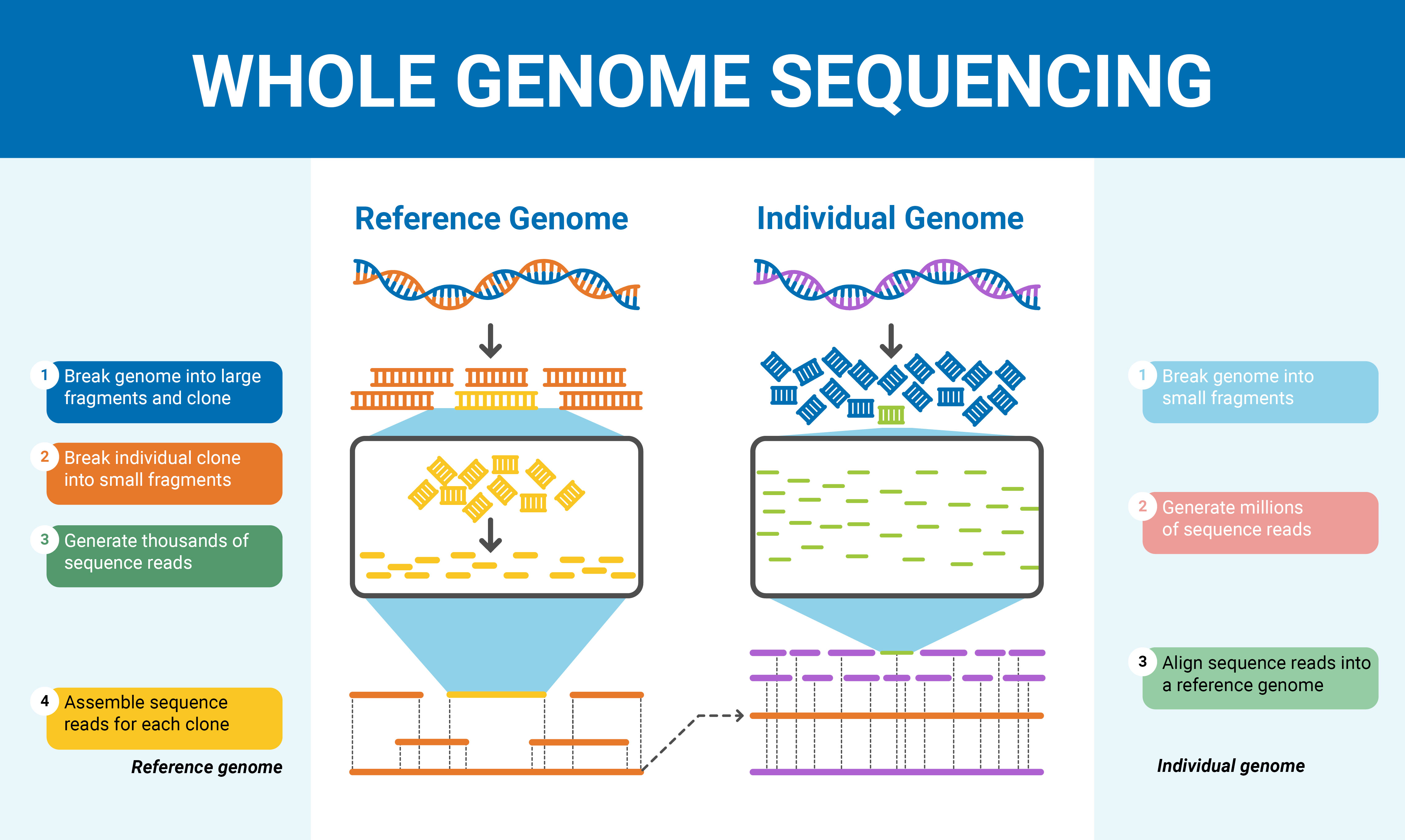

This study provides evidence of genetic exchange between Vibrio plasmids, phages, and chromosomes among diverse Vibrio spp. Sequence analysis is a term that comprehensively represents computational analysis of a DNA, RNA or peptide sequence, to extract knowledge about its properties, biological function, structure and evolution. Plasmid p0908 had striking similarity to enterobacteria phage P1, sharing genetic organization and amino acid identity for 23 predicted proteins. Predicted proteins with similarity to chromosomally encoded proteins included RecA, a nucleoid-associated protein (NdpA), a type IV helicase (UvrD), and multiple hypothetical proteins. Many predicted proteins had amino acid identities to proteins of previously characterized phages and plasmids (24 to 94%). campbellii, respectively, while the host of p0908 forms a clade with V. A phylogenetic tree based on concatenation of the host 16S rRNA and rpoA nucleotide sequences indicated p23023 and p09022 were isolated from strains most closely related to V. previously isolated from salt marsh sediment revealed the remarkable diversity of these elements. In this study, sequence analysis of three plasmids from Vibrio spp. Confirming your exam participation is possible until ten days before the exam.Įxtensive FAQ on MyStudymap can be found here.The horizontal transfer of genes by mobile genetic elements such as plasmids and phages can accelerate genome diversification of Vibrio spp., affecting their physiology, pathogenicity, and ecological character. Not being registered for a course means that you are not allowed to participate in the final exam of the course. Please note that it is compulsory to both preregister and confirm your participation for every exam and retake. Please see this page for more information.

SEQUENCE ANALYSIS REGISTRATION
There are two registration periods per year: registration for the fall semester opens in July and registration for the spring semester opens in December. Registrationįrom the academic year 2022-2023 on every student has to register for courses with the new enrollment tool MyStudymap. Reading listĬourse syllabus distributed at the start of the course. Written examination (80%) and assignments (20%). Pleas note: Joint Degree students Leiden/Delft have to merge their two different timetables into one. Sequence Analysis aims to bring together both foundational and recent theoretical and methodological work on social sequences from the last thirty years. You can turn notifications on in ‘Settings’ (after login).įor more information, watch the video or go the the 'help-page' in MyTimetable. If you wish, you can also receive an email notification of the change. Any timetable changes will be automatically synced with your calendar. Year: 2015 Title: Deep Sequence Analysis of AgoshRNA Processing Reveals 3 A Addition and Trimming Journal: Molecular Therapy - Nucleic Acids Volume: 4. MyTimetable allows you to integrate your timetable with your calendar apps such as Outlook, Google Calendar, Apple Calendar and other calendar apps on your smartphone. Any timetables that you add manually, will be saved and automatically displayed the next time you sign in. Any teaching activities that you have sucessfully registered for in MyStudymap will automatically be displayed in MyTimetable. You will find the timetables for all courses and degree programmes of Leiden University in the tool MyTimetable (login). The most updated version of the timetables can be found on the students' website: Gain an understanding of the approaches for bioinformatic sequence analysis and experience in using bioinformatic tools and resources. Course contents: Sequence databases Sequence alignment (pairwise, multiple, database similarity search) Sequence motif recognition Genome annotation Genome sequence analysis Single-nucleotide polymorhism (SNP) analysis.


 0 kommentar(er)
0 kommentar(er)
